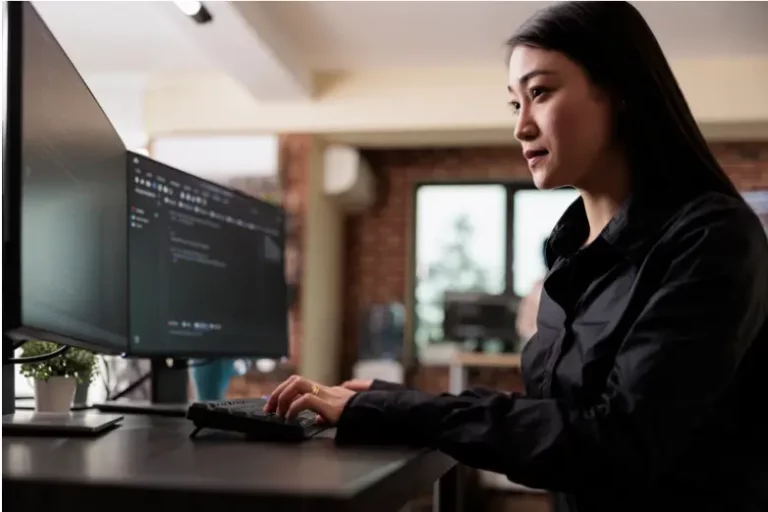“Blockchain is the tech. Bitcoin is merely the first mainstream manifestation of its potential.”
Marc Kenigsberg
Blockchain technology is revolutionizing various sectors within commerce and industry, particularly global trade, by enhancing transparency, efficiency, and security in transactions. This comprehensive exploration delves into the transformative impact of blockchain on international business practices, outlines the challenges and opportunities it presents, and discusses how artificial intelligence, especially through platforms like PeakMet, can be synergistically integrated to further enhance these innovations.
Understanding Blockchain in Global Trade
Blockchain technology, at its core, provides a decentralized digital ledger that records transactions across multiple computers so that the record cannot be altered retroactively without the alteration of all subsequent blocks and the consensus of the network.
Key Features of Blockchain:
- Immutability: Once data has been recorded in a blockchain, it is extremely difficult to change it. This makes fraud more difficult.
- Transparency: Changes to public blockchains are publicly viewable by all parties creating transparency, and all transactions are immutable, which means they cannot be altered or deleted.
- Efficiency: Blockchain can increase the efficiency of transactions by reducing the transaction time to minutes and are processed 24/7 saving businesses billions of dollars in transaction fees.
Transformative Effects of Blockchain on Global Trade

Streamlining Supply Chains:
- Blockchain provides an unalterable record of every step of the supply chain, from production to delivery, enabling more transparent and efficient tracking and management of goods.
Enhancing Security and Trust:
- By securely recording the history of product exchanges, blockchains can provide a highly secure and scalable framework for cooperation between disconnected parties, reducing the possibility of disputes and building trust.
Facilitating Payments and Financing:
- Blockchain technology simplifies the execution of payments and expedites trade financing by reducing the bureaucracy and paperwork traditionally associated with import/export transactions.
Challenges in Implementing Blockchain

Technical Complexity and Scalability:
- Blockchain technology is complex and requires significant technical expertise to implement effectively. Additionally, scalability remains a challenge, especially for large-scale applications.
Regulatory and Legal Implications:
- The decentralized nature of blockchain poses significant regulatory challenges. Different jurisdictions may have varied regulations that complicate the adoption of blockchain in global trade.
Integration with Existing Systems:
- Integrating blockchain technology with existing corporate systems and standards is a complex process that requires substantial time and resources.
The Role of AI in Optimizing Blockchain for Global Trade

Predictive Analytics and Intelligent Automation:
- AI can analyze blockchain data to identify patterns and trends that forecast future outcomes in global trade dynamics. AI-driven smart contracts can automate the execution of contracts based on these predictions.
Enhancing Data Integrity:
- AI can enhance the integrity of blockchain applications by improving data quality and the accuracy of transactions recorded on the blockchain.
Customized Solutions with PeakMet:
- PeakMet can leverage AI to offer tailored blockchain solutions that optimize data handling and decision-making processes specific to the needs of businesses engaged in global trade.
AI-Driven Security Enhancements:
- Integrating AI with blockchain can enhance security measures by enabling more advanced monitoring and automatically responding to potential security threats in real-time.
Conclusion
Blockchain technology is poised to transform global trade by making business operations more secure, transparent, and efficient. However, realizing its full potential involves overcoming significant challenges related to integration, scalability, and regulation. AI technologies, particularly those provided by platforms like PeakMet, can play a crucial role in addressing these challenges, pushing the boundaries of what blockchain can achieve in global commerce. Together, blockchain and AI not only enhance operational efficiencies but also foster a new level of innovation in global trade practices.


